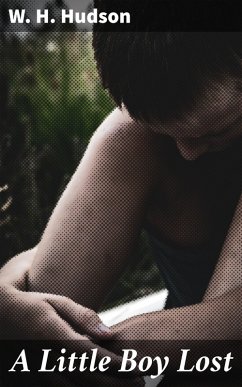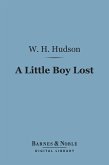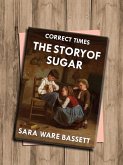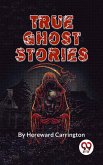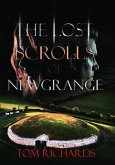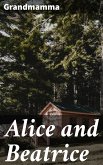W. H. Hudson's A Little Boy Lost is a poignant tale that delves into the themes of childhood innocence, societal expectations, and the loss of identity. Through beautiful prose and vivid imagery, Hudson explores the inner world of a young boy who struggles to find his place in a rigid and repressive society. The book is a classic example of early 20th-century English literature, known for its introspective nature and psychological depth. Hudson's writing style is delicate yet powerful, drawing readers into the emotional turmoil of the protagonist. A Little Boy Lost is a timeless work that continues to resonate with readers today, offering a glimpse into the complexities of human nature and the journey towards self-discovery. W. H. Hudson, a renowned naturalist and author, brings a unique perspective to the narrative, drawing on his observations of the natural world to infuse the story with a sense of depth and authenticity. His own experiences growing up in a restrictive society likely influenced the themes and characters in the book, adding a layer of personal connection to the text. I highly recommend A Little Boy Lost to readers who appreciate introspective literature and thought-provoking storytelling.
Dieser Download kann aus rechtlichen Gründen nur mit Rechnungsadresse in A, B, BG, CY, CZ, D, DK, EW, E, FIN, F, GR, H, IRL, I, LT, L, LR, M, NL, PL, P, R, S, SLO, SK ausgeliefert werden.

